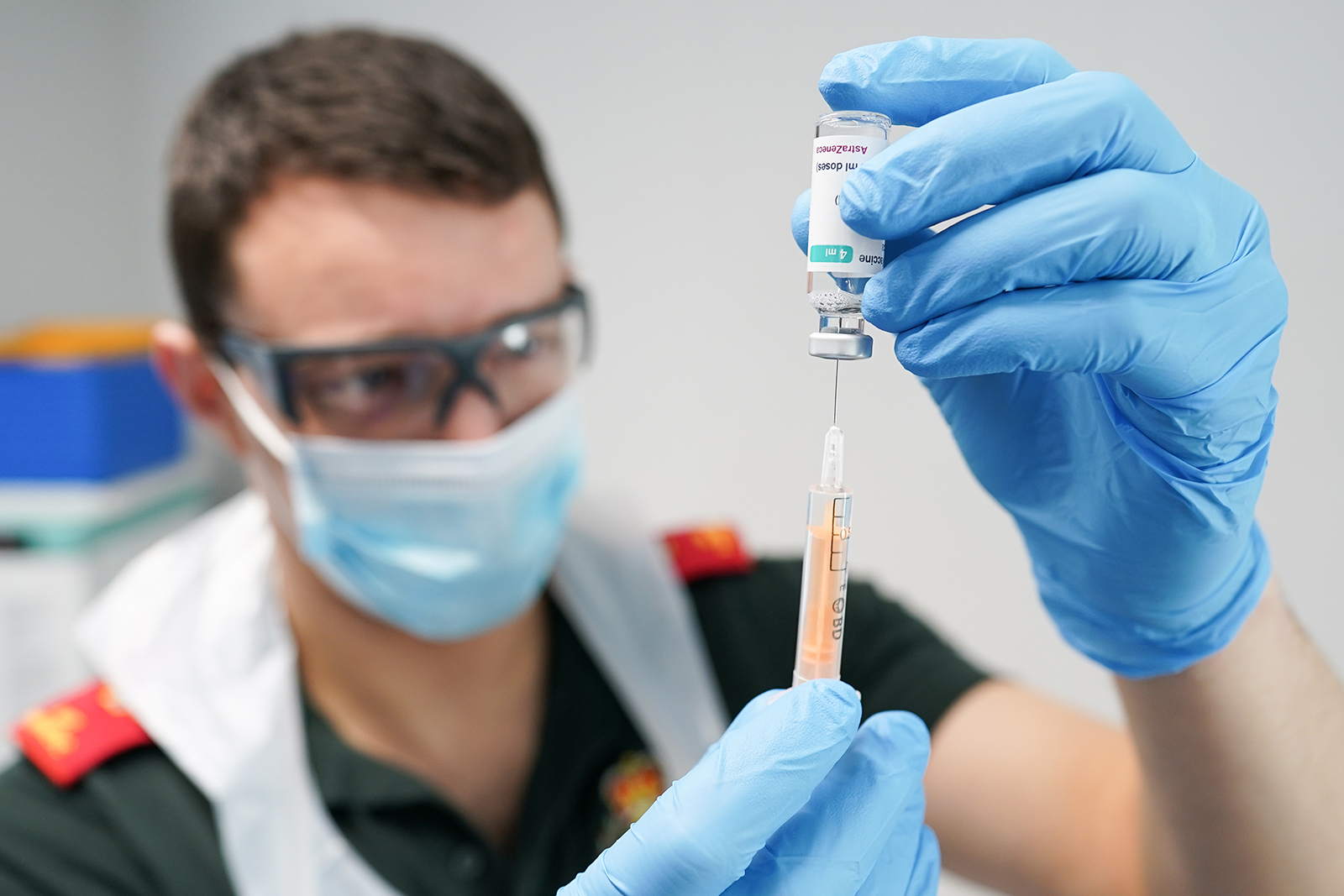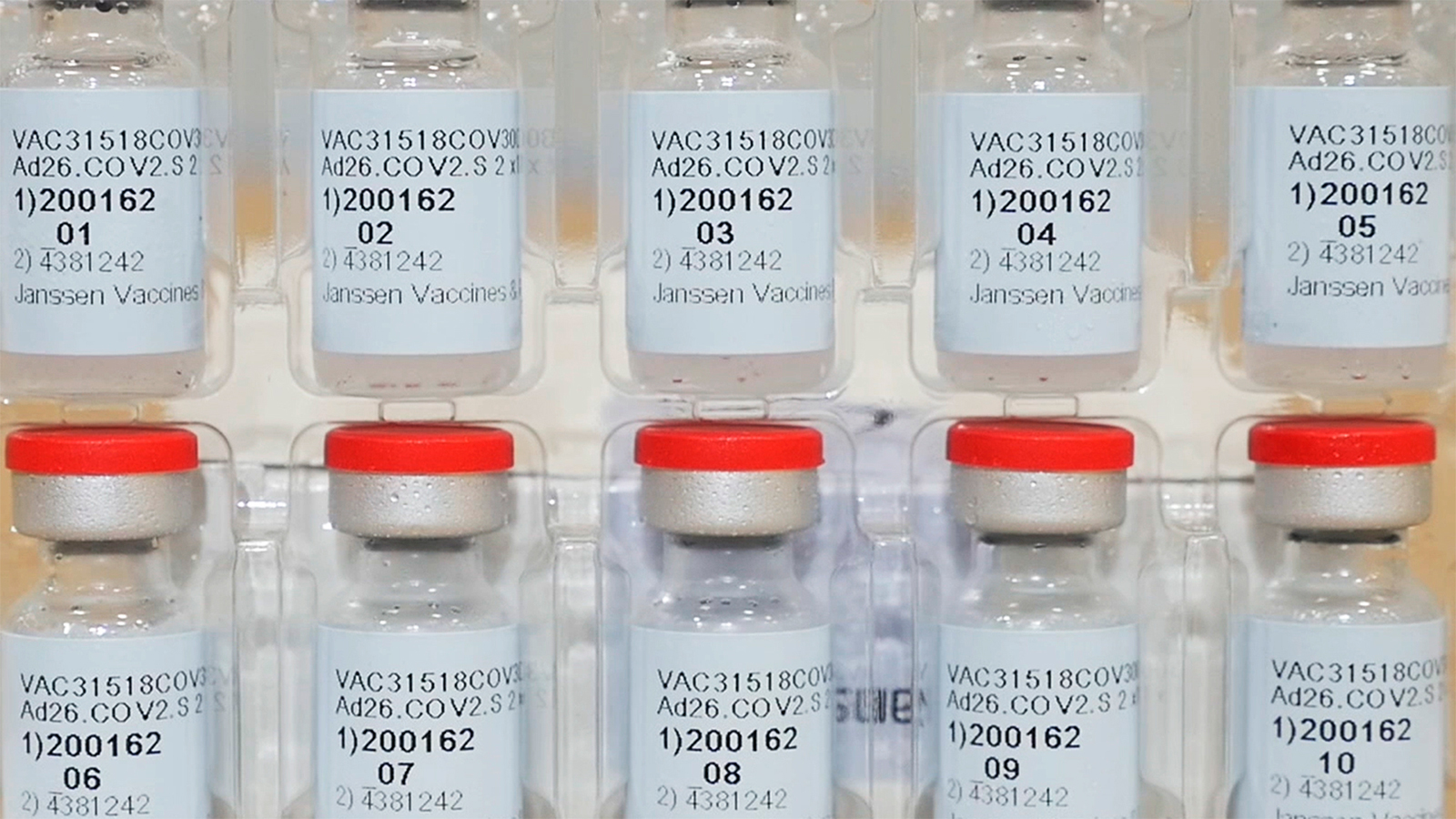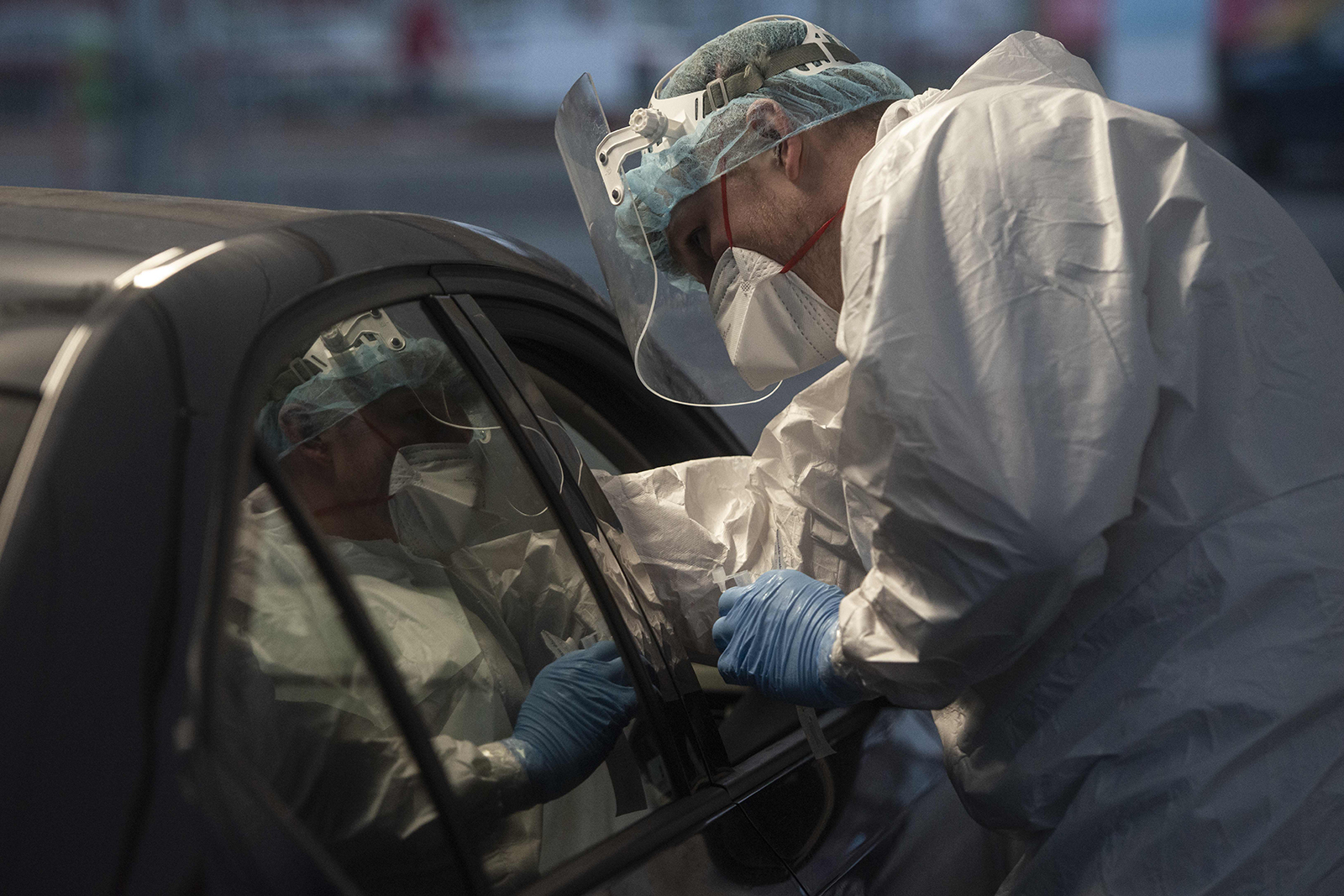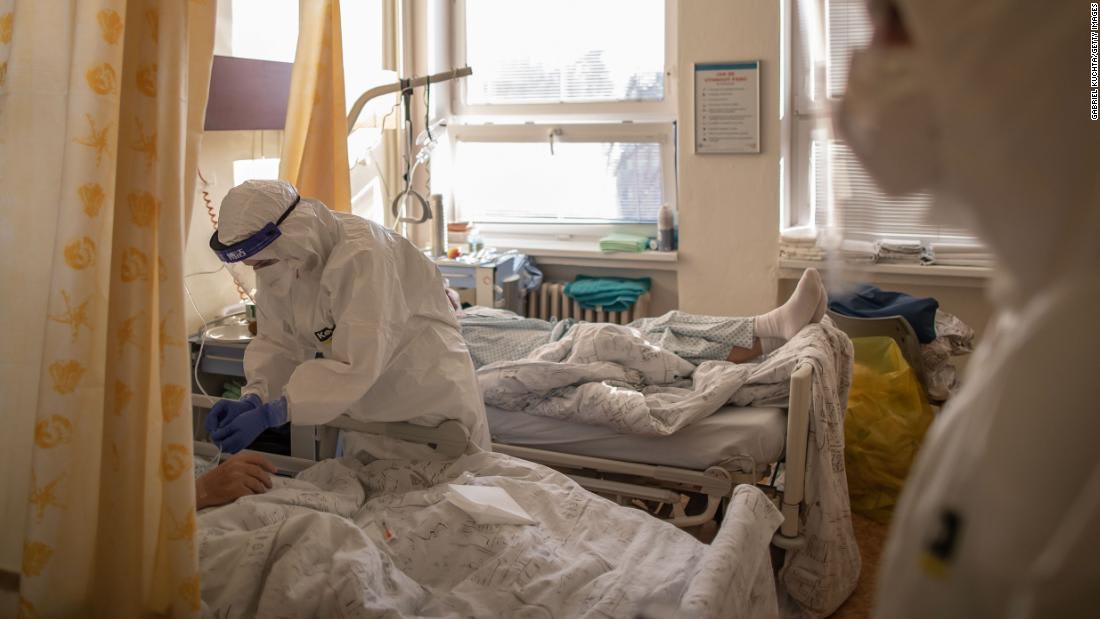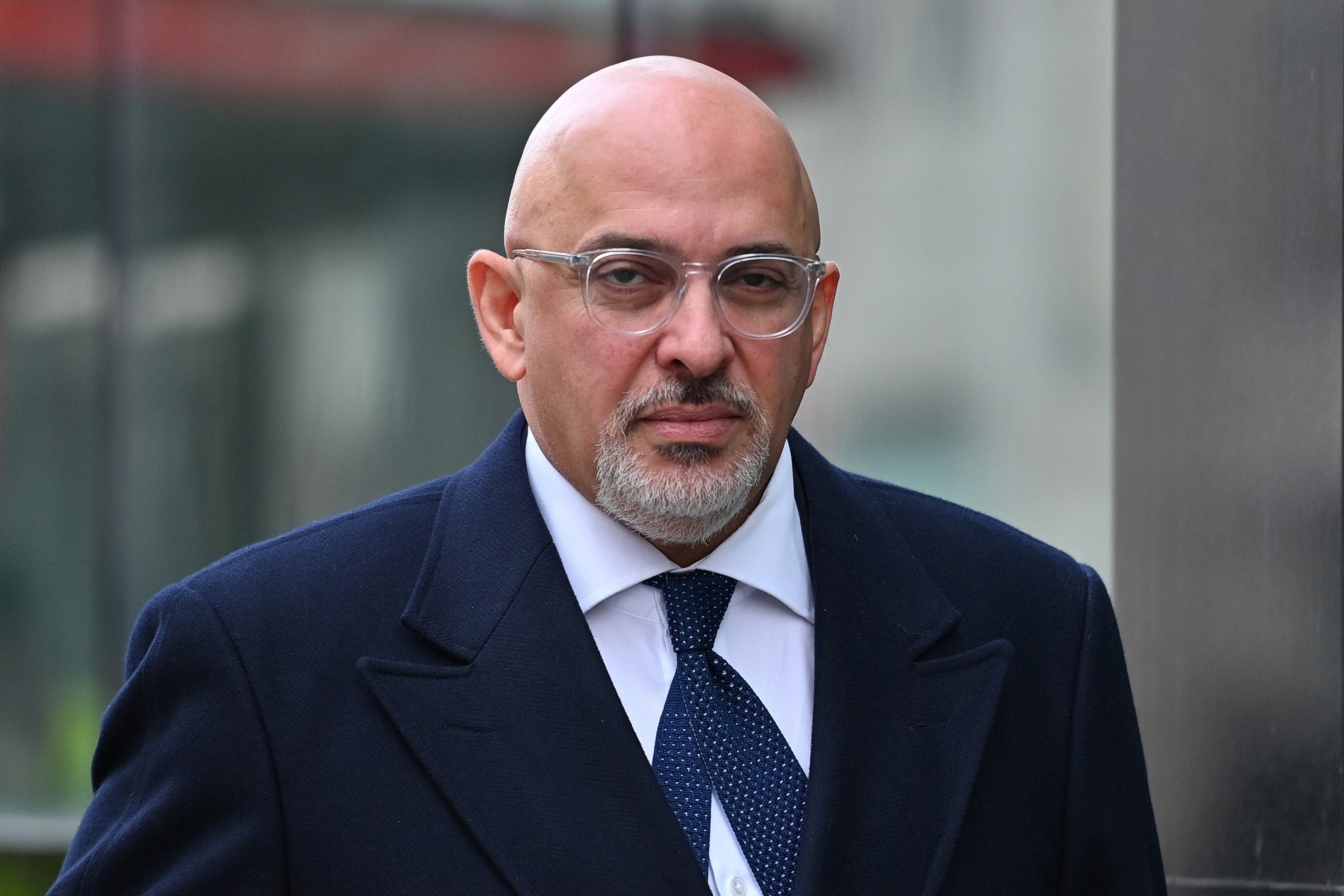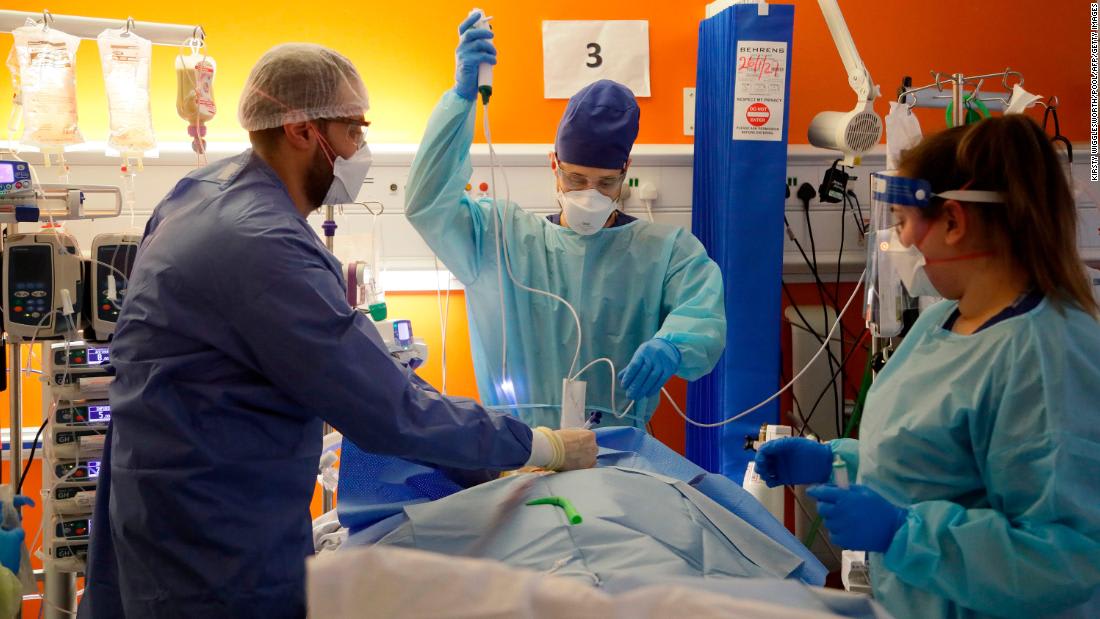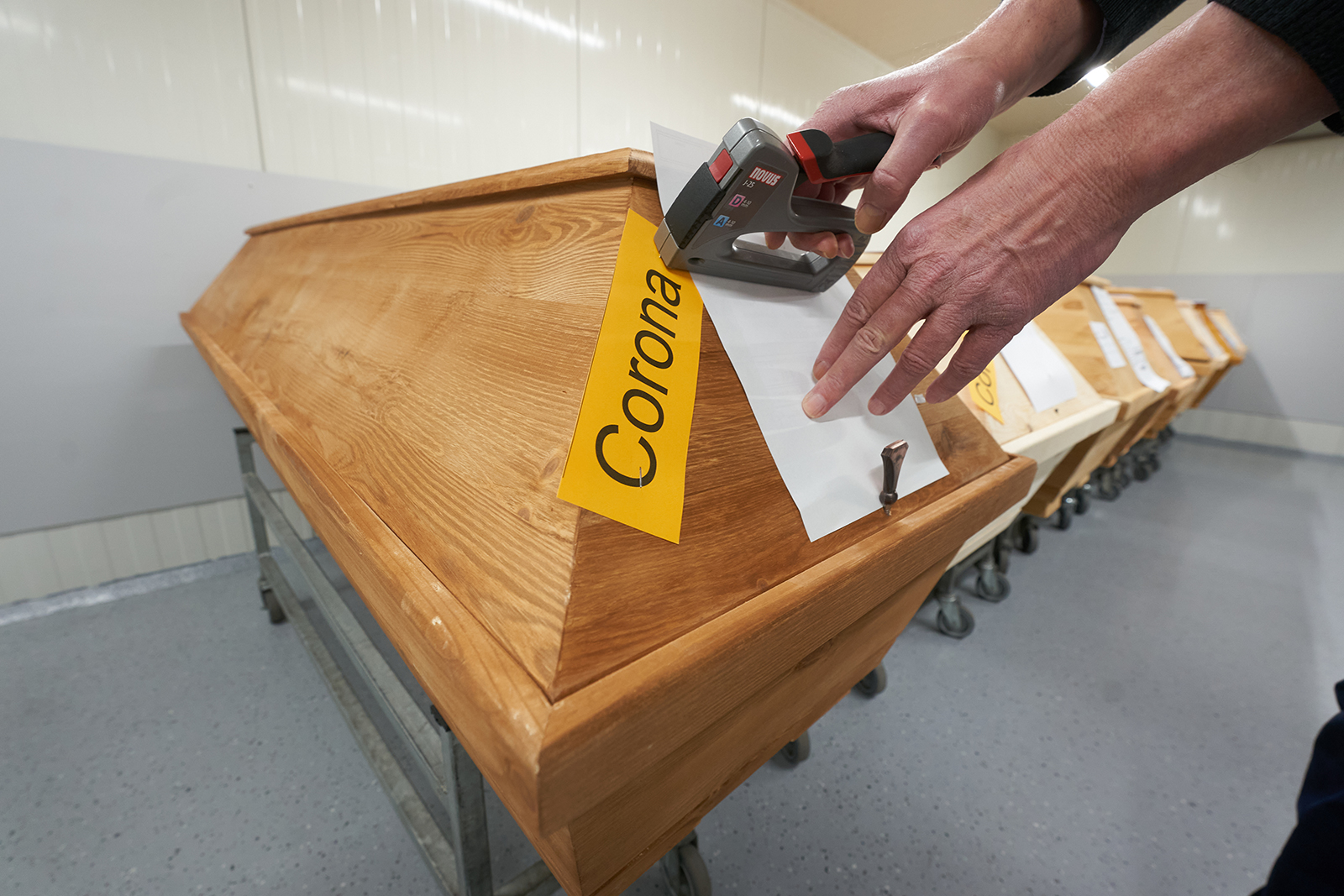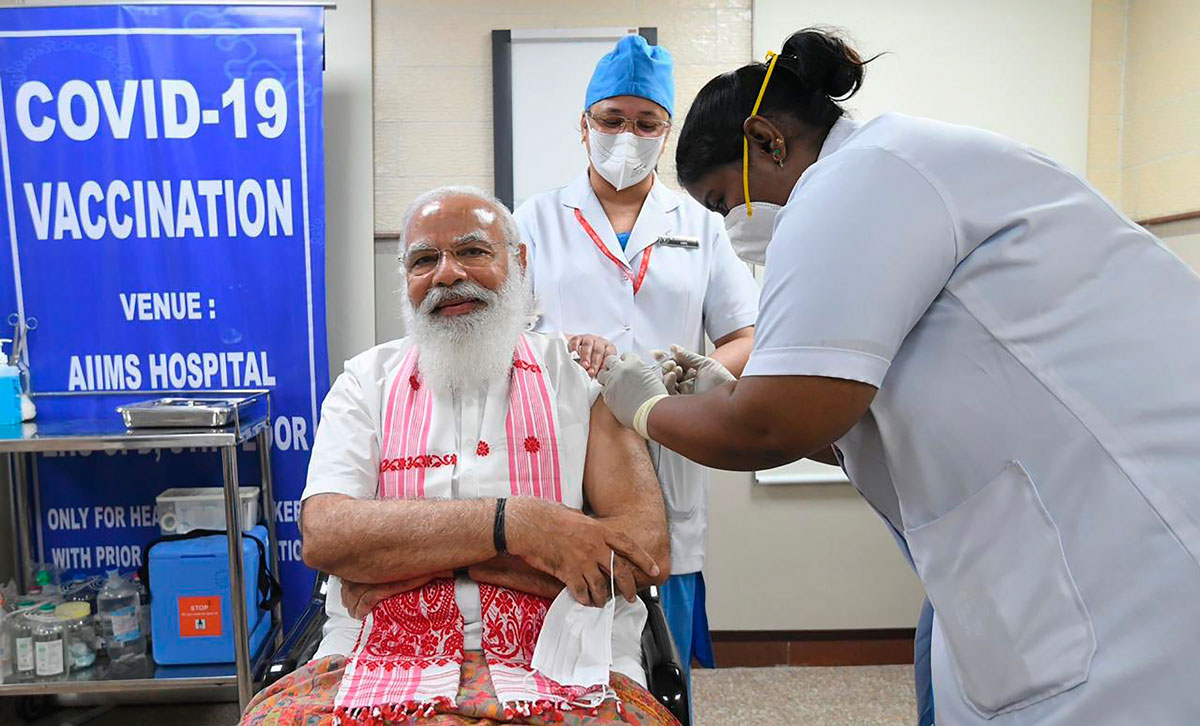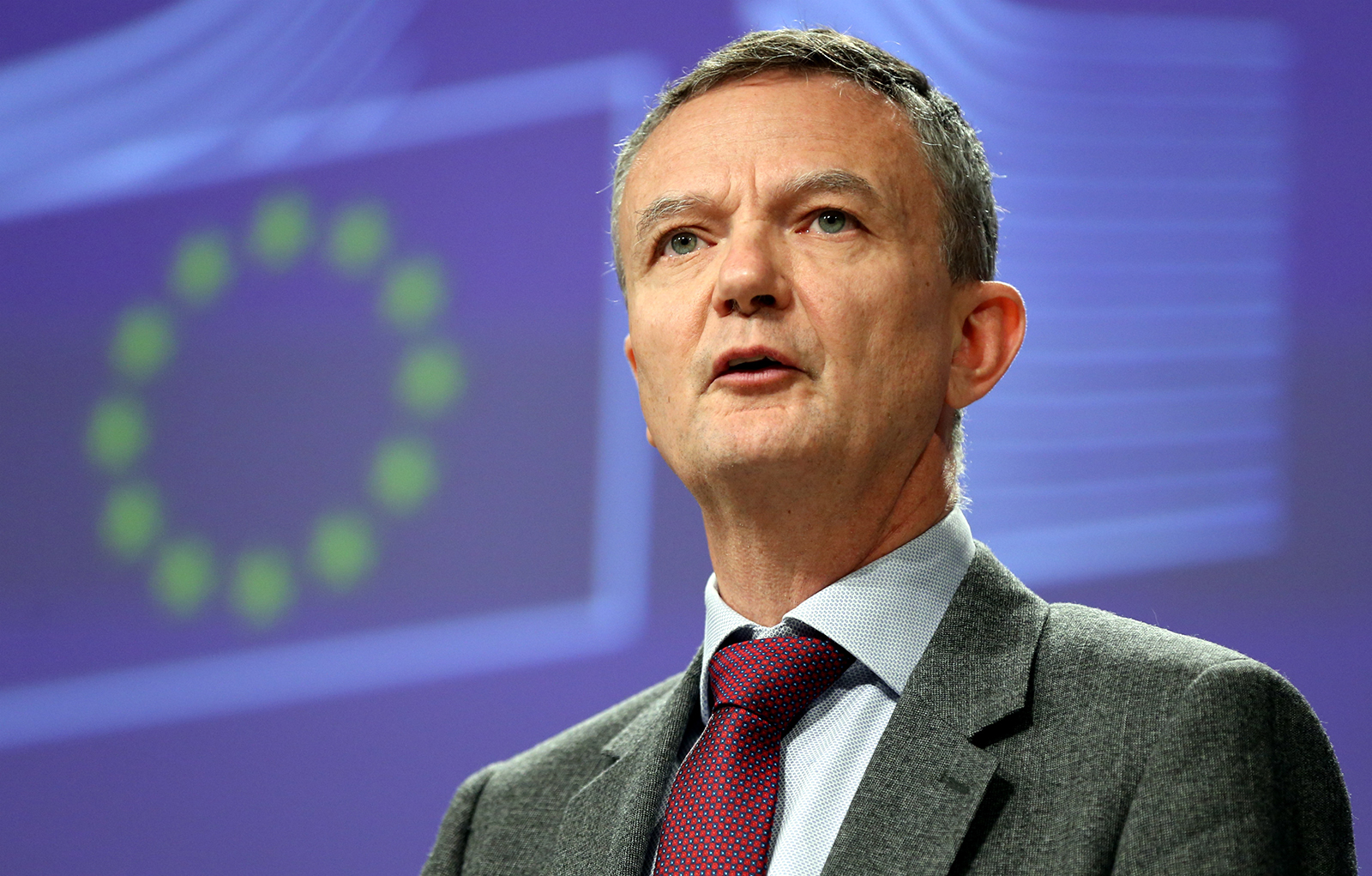
The European Commission has started laying the groundwork for a vaccine passport that could let European Union citizens travel this summer, it announced.
The Commission intends to publish a legislative proposal for vaccine certification by the end of March, Commission chief spokesperson Eric Mamer said.
In January, the European Union and its 27 member states agreed a set of guidelines that would form the basis of the passports, “but the exact information still needs to be determined,” he said.
To avoid discrimination and citizens being turned away at a border, the Commission’s intention is that the passports “would not only state whether or not a person had been vaccinated, but also whether this person has had recent PCR test, or can be deemed Covid immune, for health reasons i.e., antibodies,” Mamer added.
Asked whether the scope of the legal proposal would extend to international travelers traveling into the EU, Mamer said: “We will have to come back to you once the proposal is made, we cannot give details for the moment.”
Expanding on the details of technical work currently underway to prepare the passports Johannes Bahrke, the EU’s Digital Economy spokesperson said, “It's a question of: how a certificate can be checked, because it's important that they are safe; and how the data is safe; what's the technical standard.”
Bahrke said, “all these kind of details now need to be agreed among member states based on the guidelines that are in place.”
Speaking following a meeting of European Leaders last week, European Commission President Ursula von der Leyen said it would be “at least three months” before the passports could be rolled out.
“Member states will need to move fast with the implementation if we want such a green certificate to be in place by summer,” von der Leyen said. “They will have to ensure a quick and complete rollout in the National Health System, and in the border systems."
